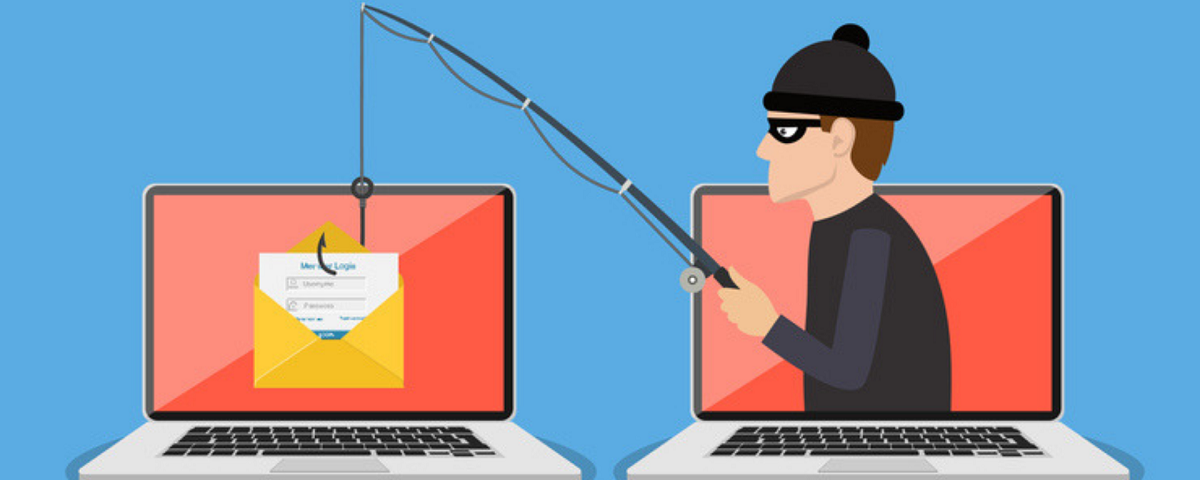
What is the Metaverse?
March 22, 2022
Setting up a Podcast Website
March 24, 2022Malicious individuals can steal your personal information like bank and credit card details by emailing you. The victim receives an email appearing to be from a trusted company but which is actually from an imposter. We refer to such an email as a phishing email. According to CISCO’s 2021 Cybersecurity Threat Trends report, about 90% of data breaches occur due to phishing. Below, I will explain five common phishing email scams to avoid.
Deceptive phishing email
This is the most common kind of phishing email. It occurs when a fraudster attempts to impersonate a legitimate organization. They try to steal personal information or login credentials. To avoid this kind of attack, one should carefully inspect all URLs sent via email. These URLs may contain links to malicious websites spoofing legitimate websites. Also, look out for generic salutations, spelling, and grammatical errors.
Spear phishing email
Unlike deceptive phishing, which targets many people, a spear-phishing email targets a single person. The fraudster customizes their phishing email with the target’s name, position at work, company, and any other information that makes the fraudster appear to be someone who personally knows the victim. This makes these email scams more believable.
However, the fraudsters goal remains the same to steal one’s personal information. Fraudsters gather most of their victims’ personal information from social media. Spear phishing is the most common type of phishing attack, comprising 65% of all phishing attacks. To avoid this kind of attack, employees should undergo sensitization training that warns them about sharing personal information on social media platforms.
Whaling
One can use a spear-phishing email to target anyone in a company, including executives. This form of spear phishing is known as whaling. The spear phishers steal the CEOs’ login credentials and can take part in the second phase of a business email compromise scam. Having control of an executive’s legitimate email is much more effective for committing fraud than using an unknown email address. The fraudsters can then commit CEO fraud and get company accountants to wire transfer funds to bank accounts they control, or they could steal employees’ information and commit identity theft.
To avoid these scams, CEOs need to undergo the same fraud sensitization training that their employees undergo. Unfortunately, execs are prone to such attacks since they often skip such training sessions.
Vishing
When it comes to email scams, some fraudsters take it one step further and reach out to victims using other forms of communication. In this case, they follow up a phishing email attack with a phone call. This kind of scam relies on social engineering.
When you receive a phone call after an email, it legitimizes the malicious email. The fraudster might use technical jargon during the phone call to seem knowledgeable. Do not fall for this trick. Avoid picking up phone calls from unknown numbers. Instead, use a caller id application such as True Caller to know who has contacted you.
Smishing
Smishing is similar to vishing, except instead of a phone call, fraudsters send an SMS instead. This SMS may contain links that download malicious apps or activate data-stealing forms. Also, the SMS may ask one to call a number to get technical support. The person who receives the call will masquerade as customer support for a legitimate organization. Avoid clicking any links sent to you via SMS to protect yourself, especially shortened URLs.
Protect yourself and your company from phishing emails by working with us. At Softlink Options, we work with all organizations that require data security solutions. In addition, check out our data backup and web hosting packages.
We take great pride in the quality of our products and services.
CONTACT US in case of any queries. We take pride in the quality of our products and services.



